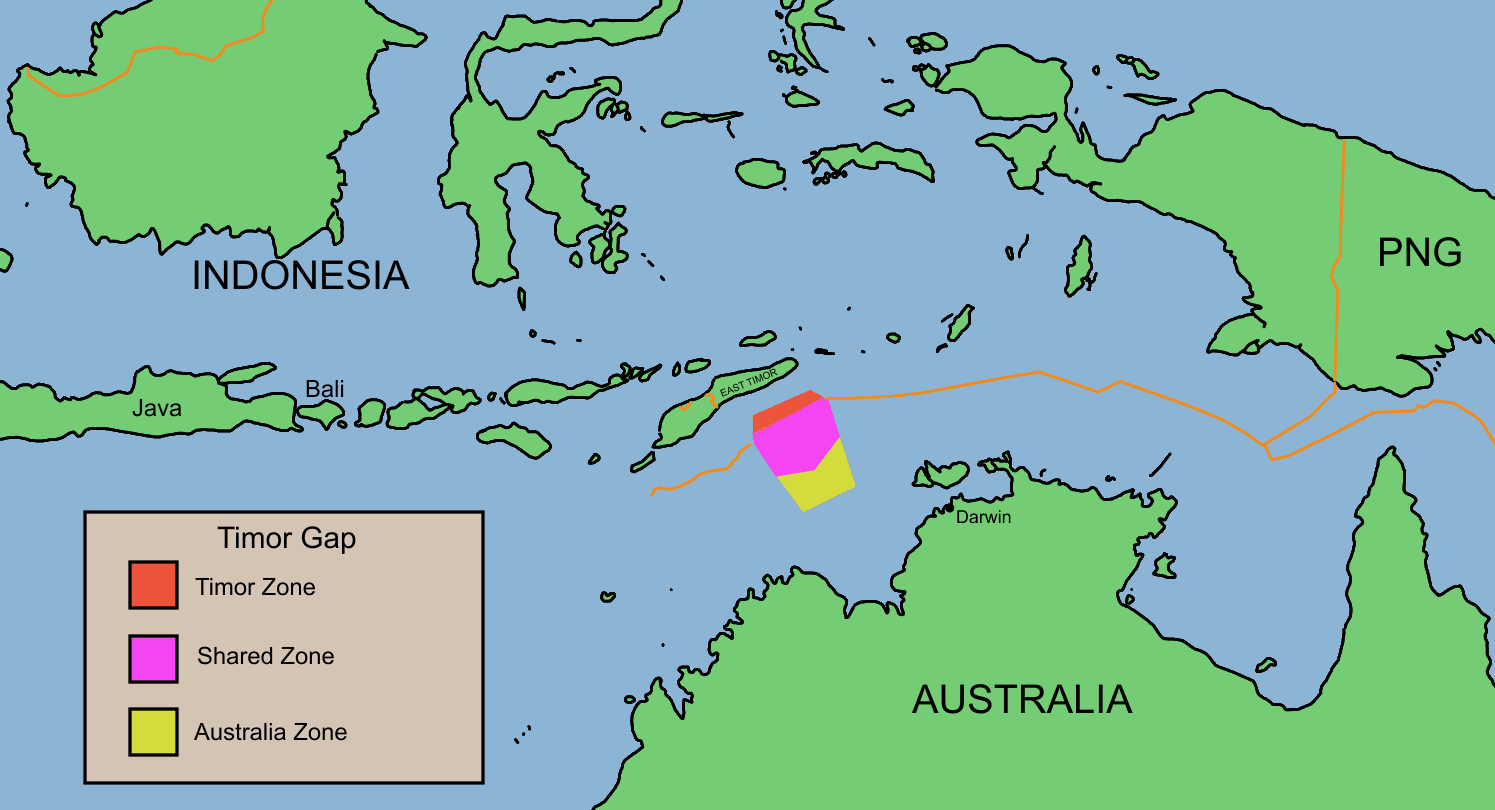Timor-Leste President Ramos Horta pushes Australia on Greater Sunrise petroleum project
October 17, 2024
President José Ramos-Horta had a whirlwind visit to Sydney and Canberra on October 8-9, speaking to over 1,000 people at the Sydney Opera House Concert Hall and to the National Press Club in Canberra, as well as ABC Radio National Breakfast. The Greater Sunrise petroleum project was one of many issues the President addressed.
The visit marked 25 years since the historic August 30, 1999, UN-supervised referendum on Timorese association with Indonesia. The Timorese people said no to association – and therefore yes to independence – with a 78.5 per cent majority, triggering a violent and deadly reaction from the Indonesian military. President Ramos-Horta did underline the peaceful democratic character of the society which the independence leaders and the people have created since that time, while also admitting the serious problems with poverty, health and education which continue to challenge the nation.
President Ramos-Horta urged the Australian government to work with his government to decide to develop the Greater Sunrise petroleum project with the gas and condensate landing on the south coast of Timor-Leste for processing, rather than being piped to Darwin, to be processed at one of two existing Liquid Natural Gas (LNG) facilities there – Santos’ Darwin LNG facility and Inpex’s Ichthys LNG plant.
The President expressed frustration that a Greater Sunrise Concept Study on the pipeline issue, commissioned earlier this year, had not yet published its report. The independent study is led by Wood Australia and is examining requirements for developing, processing, and marketing gas and condensate from the Sunrise and Troubadour fields including LNG sales, on Timor-Leste’s south coast, or an alternative of delivery of the gas to Australia. It is to determine the optimum benefit for the people of Timor-Leste. The report is due between now and the end of December.
The Greater Sunrise resources are 450 km northwest of Darwin and 150 km south of Timor-Leste.
Ramos-Horta said at the National Press Club that if Australia would not help, that Kuwaiti or Chinese investors would step forward. Sinopec, the China Petroleum and Chemical Corporation, was specifically mentioned. But there has been no independent statement of interest from Sinopec or any other Chinese investor, nor from any Kuwaiti investor.
On 29 July, 2024, President José Ramos-Horta, met in Beijing with Chinese People’s Republic President Xi Jinping to upgrade the relationship between the two countries to “Comprehensive Strategic Partnership”.
The glaring omission from the official communiqué by the two leaders was any commitment by China to assist with the development of Greater Sunrise and its associated Tasi Mane onshore LNG and related petroleum installations on the south coast of Timor Leste.
Woodside Energy, which holds 33.44 per cent of the Greater Sunrise Joint Venture, said in its half-yearly report on August 27, 2024:
The Sunrise Joint Venture participants continued to negotiate a new Production Sharing Contract, Petroleum Mining Code and fiscal regime with the Australian and Timor-Leste Governments in H1 2024. The Greater Sunrise Concept Study commenced in April 2024, with local content and socio-economic data gathering and engagement with potential site owners planned for H2 2024.
The burning question of what will happen, if anything, to the Greater Sunrise resource will have to wait for that Wood Australia report, and the final response that Woodside Energy makes, based on its findings.
Meanwhile, petroleum revenue to Timor-Leste from the Bayu-Undan fields ended in December 2023, and work is underway to convert these exhausted gas fields into Carbon Storage reservoirs, to hold carbon dioxide to be separated from gas extracted from the Santos Barossa gas project north of Bathurst Island.
Santos signed a Memorandum of Understanding (MOU) with Timor Gap in August 2023 to enable this project. It is claiming that 10 million tonnes of CO2 could be stored there each year, from 2028. Revenue from this project would be helpful, but would not replace the former flows from Bayu-Undan, leading to depletion of Timor-Leste’s Petroleum Fund, which is the main source of budget finance for its government.
While President Ramos-Horta made his case about Greater Sunrise, he used far more of his speeches to explain the importance of Timor-Leste becoming a full member of the Association of South East Asian Nations (ASEAN). He specifically criticised cases of exploitation of Timorese workers in Australia under the Pacific Australia Labour Mobility (PALM) scheme. He urged Australia to do much more to help end the armed conflict in Myanmar between the military dictatorship and the democratic movement.
More broadly, the President urged an end to the slaughter in Gaza and Lebanon, and for Australia to immediately recognise the State of Palestine.
He spoke at length about his many experiences in diplomatic work in conflict zones, and the fundamental importance of international law and the United Nations institutions.

